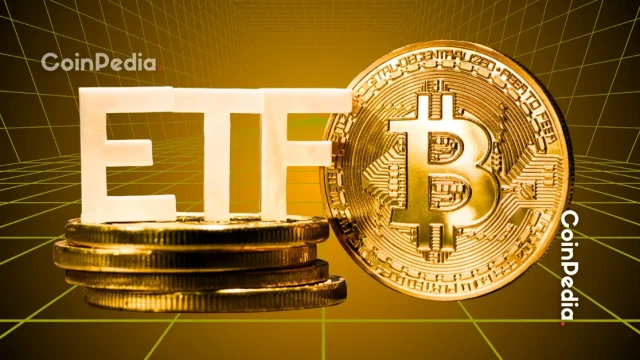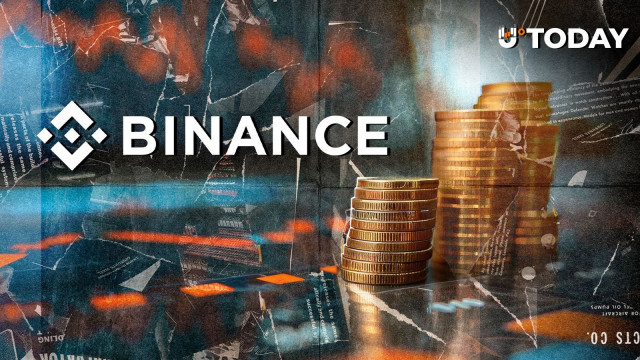
45% of Investors Plan to Buy Crypto ETFs, Matching Interest in Bonds: Report
Summary
Crypto Investors Eyeing ETFs as Institutional Adoption Grows
The latest survey from financial services giant Charles Schwab has revealed a remarkable shift in investor sentiment towards crypto assets. The survey found that 45% of investors are now planning to allocate funds to cryptocurrency exchange-traded funds (ETFs) – a figure that matches the interest in traditional bond investments.
This data point underscores the growing mainstream appeal of crypto as an emerging asset class. Whereas cryptocurrencies were once viewed with skepticism by the broader investment community, it appears that a sizable portion of investors are now eager to gain exposure through regulated, institutional-grade investment products.
The surging interest in crypto ETFs is particularly noteworthy given the longstanding regulatory challenges that have hindered the approval of such funds in key markets like the United States. Despite this, a number of high-profile applications remain pending with the Securities and Exchange Commission (SEC), suggesting that the tide may be turning.
Analysts attribute this shift in sentiment to a confluence of factors, chief among them the increased institutional adoption of Bitcoin, Ethereum, and other digital assets. As major corporations, banks, and fund managers have warmed to crypto, it has lent a sense of legitimacy and stability to the emerging asset class.
Additionally, the rise of decentralized finance (DeFi) protocols and the explosion of non-fungible tokens (NFTs) have captured the imagination of investors seeking exposure to the broader crypto ecosystem. These innovative use cases have demonstrated the transformative potential of blockchain technology beyond just speculative investment.
Looking ahead, the prospect of crypto ETFs gaining regulatory approval could have profound implications. Such products would provide a much-needed on-ramp for retail and institutional investors alike, potentially unlocking vast new pools of capital. This, in turn, could drive increased liquidity, price discovery, and broader mainstream acceptance of cryptocurrencies.
However, the road ahead is not without its challenges. Regulators remain cautious, citing concerns over market manipulation, liquidity, and consumer protection. The SEC, in particular, has taken a measured approach, repeatedly denying or delaying decisions on crypto ETF applications.
Nonetheless, the industry's advocates remain optimistic that a breakthrough is on the horizon. As more traditional financial institutions embrace digital assets and the regulatory landscape evolves, the path for crypto ETFs may gradually become clearer.
Ultimately, the surge in investor interest towards crypto ETFs reflects the maturing of the digital asset ecosystem. What was once viewed as a speculative fringe is now poised to become a mainstream investment option, offering investors a regulated and accessible means of accessing the crypto markets. As this trend continues, the crypto industry's influence and integration within the global financial system is likely to deepen further.





